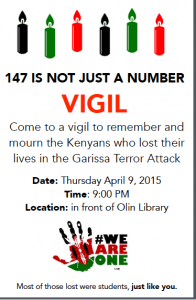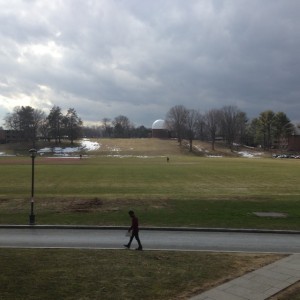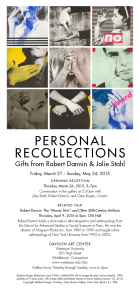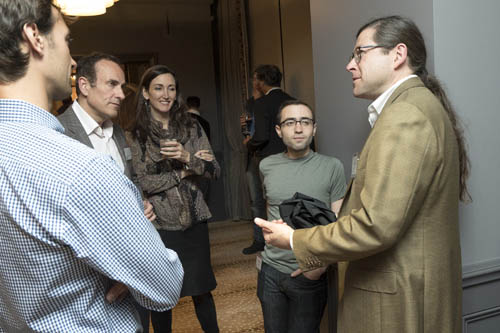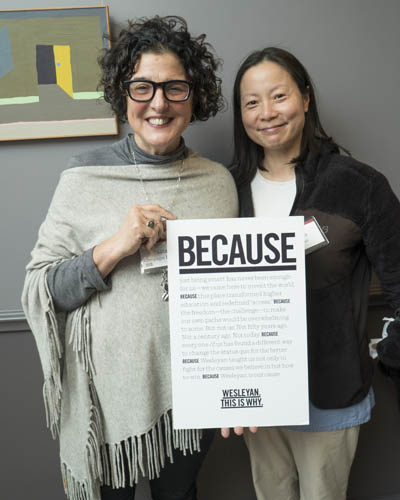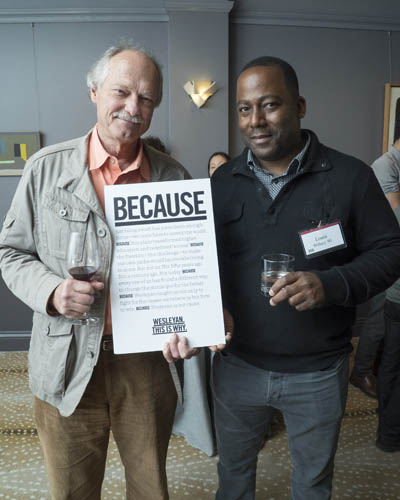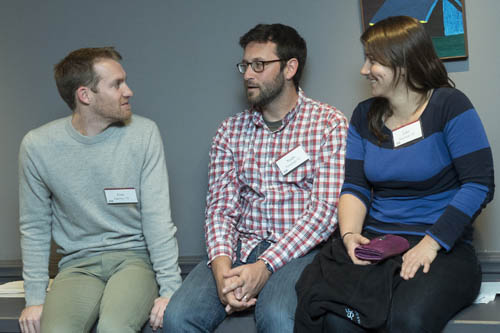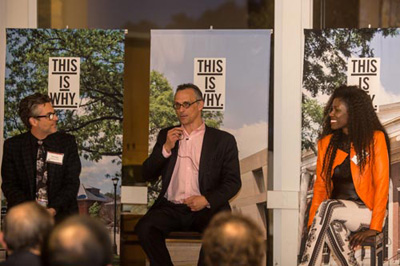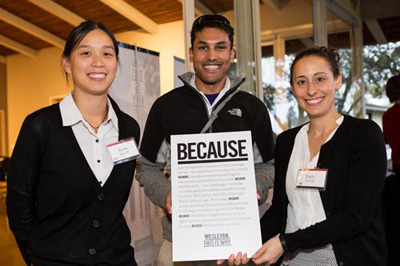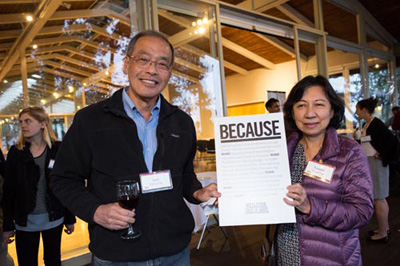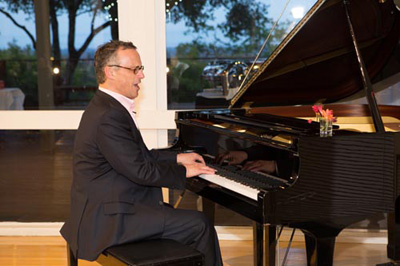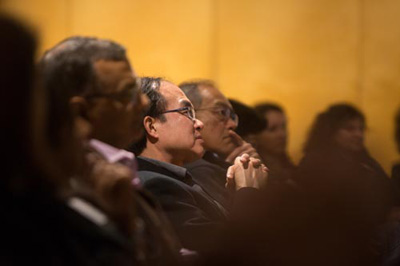The happy emails and web links have gone out (replacing those thick envelopes of yesteryear), and all those fortunate enough to have choices about what college to attend will make a big decision: picking the college that is just right for them. They are trying to envision where they will be most likely to thrive. Where will I learn the most, be happiest, and form friendships that will last a lifetime? How to choose? As I do each spring, I thought it might be useful to re-post my thoughts on choosing a college, with a few revisions.
Of course, for many the decision will be made on an economic basis. Which school has given the most generous financial aid package? Wesleyan is one of a small number of schools that meets the full financial need of all admitted students according to a formula developed over several years. There are some schools with larger endowments that can afford to be even more generous than Wes, but there are hundreds (thousands?) of others that are unable even to consider meeting financial need over four years of study. Our school is expensive because it costs a lot to maintain the quality of our programs. But Wesleyan has made a commitment to keep loan levels low and to raise tuition only in sync with inflation in the future. We also offer a three year program that allows families to save about 20% of their total expenses, while still earning the same number of credits.
After answering the question of which schools one can afford, how else does one decide where best to spend one’s college years? Of course, size matters. Some students are looking for a large university in an urban setting where the city itself plays an important role in one’s education. New York and Boston, for example, have become increasingly popular college destinations, but not, I suspect, for the classroom experience. But if one seeks small classes and strong, personal relationships with faculty, then liberal arts schools, which pride themselves on providing rich cultural and social experiences on a residential campus, are especially compelling. You can be on a campus with a human scale and still have plenty of things to do. Wesleyan is somewhat larger than most liberal arts colleges but much smaller than the urban or land grant universities. We feel that this gives our students the opportunity to choose a broad curriculum and a variety of cultural activities on campus, while still being small enough to encourage regular, sustained relationships among faculty and students.
All the selective small liberal arts schools boast of having a faculty of scholar-teachers, of a commitment to research and interdisciplinarity, and of encouraging community and service. So what sets us apart from one another after taking into account size, location, and financial aid packages? What are students trying to see when they visit Amherst and Wesleyan, or Tufts and Pomona?
Knowing that these schools all provide a high-quality, broad and flexible curriculum with strong teaching, and that the students all have displayed great academic capacity, prospective students are trying to discern the personalities of each school. They are trying to imagine themselves on the campus, among the people they see, to get a feel for the chemistry of the place — to gauge whether they will be happy there. That’s why hundreds of visitors come to Wesleyan each week and why there will be the great surge for WesFest. They go to classes and athletic contests, musical performances and parties. And they ask themselves: Would I be happy at Wesleyan?
I hope our visitors get a sense of the personality of the school that I so admire and enjoy. I hope they feel the exuberance and ambition of our students, the intelligence and care of our faculty, the playful yet demanding qualities of our community. I hope our visitors can sense our commitment to creating a diversity in which difference is embraced and not just tolerated, and to public service that is part of one’s education and approach to life.
Whatever college or university students choose, I hope they get three things out their education: discovering what they love to do; getting better at it; learning to share it with others. I explain a little bit more about that in this talk:
[youtube]https://www.youtube.com/watch?v=-LzN8sGkRXg#t=23[/youtube[/youtube]
We all know that Wesleyan is hard to get into. But even in the group of highly selective schools, Wes is not for everybody. We aspire to be a community committed to boldness as well as to rigor, to idealism as well as to effectiveness. Whether in the sciences, arts, humanities or social sciences, our faculty and students are dedicated to explorations that invite originality as well as collaboration. The scholar-teacher model is at the heart of our curriculum. Our faculty are committed to teaching and to shaping the fields in which they work. The commitment of our faculty says a lot about who we are, as does the camaraderie around the completion of senior projects that we are seeing right now on campus. We know how to work hard, but we also know how to enjoy the work we choose to do. That’s been magically appealing to me for more than 30 years. I bet the magic will enchant many of our visitors, too.



